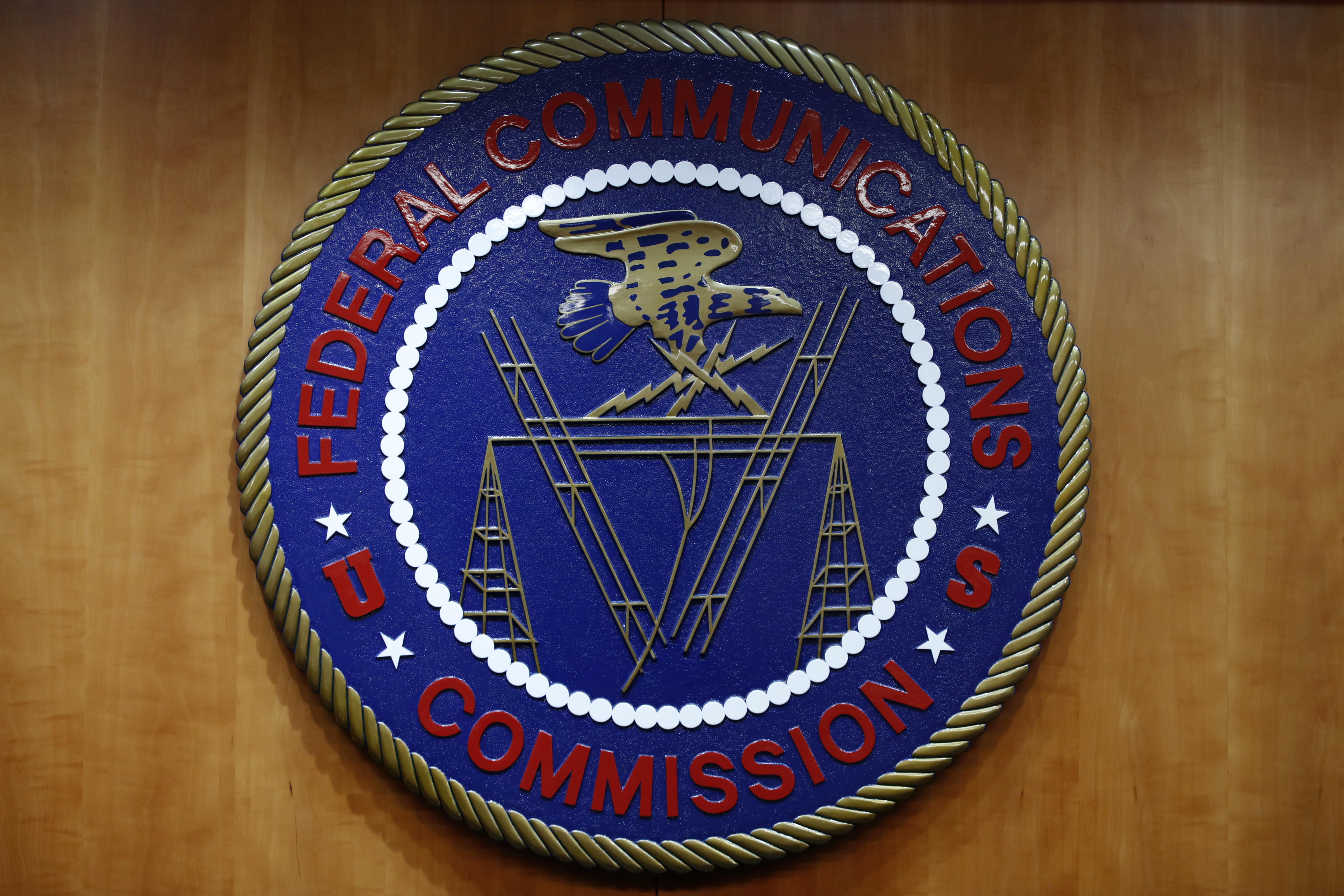
Last year, American taxpayers received an average refund of $3,176. While that amount is expected to drop this year, many Americans still look forward to tax season because it means they'll get a sizable check from Uncle Sam.
While getting a large tax refund may mean you should reconsider your withholdings, in general there's nothing wrong with preferring to take the refund route.
Anyone receiving a significant refund check, however, may want to use that cash strategically to work toward various money goals. The amount of the refund and your personal financial situation might mean it goes straight to immediate needs like rent or groceries.
But if your refund is more like an extra cash windfall, use these ideas to spend it wisely, based on where you are in life.
Feeling out of the loop? We'll catch you up on the Chicago news you need to know. Sign up for the weekly Chicago Catch-Up newsletter here.
In your 20s: Cover your basics
Your 20s are typically the beginning of your career, when you're starting to build up your emergency and retirement savings for the first time. A few hundred dollars from your tax refund can give your emergency fund, 401(k) or other retirement account a nice boost.
"Emergency savings allows for flexibility if people early in their career lose their jobs or choose to pivot careers," Emily Rassam, a certified financial planner based in Charlotte, North Carolina, tells CNBC Make It. "That savings creates breathing room and makes it so a job loss is an inconvenience, not an emergency."
U.S. & World
Putting extra cash toward any high-interest debt, such as a credit card balance, is also a good idea at any age, but especially if you're young and have fewer financial commitments.
In your 30s: Go for your goals
If your 20s are a time for establishing yourself and defining your long-term financial goals, then your 30s are the time to execute on them. Whether it's working toward buying a house or retiring early, it can be smart to put cash windfalls straight toward your savings goals, or toward eliminating any debt that's holding you back.
"The faster you can clear debt, the sooner you'll have larger surpluses in your budget to save significant dollars toward retirement and other goals," Rassam says.
Many people also become parents in their 30s, which can drastically change your financial goals. If you're in the planning phase, it might make sense to use your tax refund to start putting money away for the early years. If you already have young children, it's never too soon to start saving for college.
Your tax refund may not be large enough to completely tackle a big money goal, but small steps can still make an impact. If your refund isn't enough for a down payment on a home, for example, maybe it will cover some of the closing costs or other expenses.
In your 40s: Have a little fun
Your 40s are a great time to start reaping the rewards of your hard work. Don't abandon your long-term financial goals, but feel free to use your extra cash to make memories with your loved ones, Rassam says.
"Typically, families in their 40s have children ready to travel and share experiences," Rassam says. "In our lives, the window is relatively short to create meaningful experiences and connections with children."
Outside of leisure experiences, it's wise to make an extra debt payment, contribute to your child's college savings or make other small, but meaningful money moves if your tax refund isn't going toward essentials.
In your 50s: Ramp up retirement savings
If you're following the "standard" retirement path and plan to retire around 65, you'll be feeling the anticipation by the time you reach your 50s. That makes this decade a smart time to beef up your contributions to your retirement accounts or other investment vehicles.
"If available, people in their 50s would be wise to use their tax returns to maximize their HSA contributions and consider adding to a Roth IRA," Rassam says.
While a health savings account (HSA) isn't a retirement account, many people use it to complement their retirement savings because contributions, earnings and withdrawals — when used for qualified medical expenses — are tax-free.
Additionally, once you hit 50 you're allowed to add even more to your 401(k) each year through catch-up contributions.
In your 60s: Ease into your golden years
At this stage, you may have a bit more freedom to do what you wish with your tax refund, but you're even closer to or at retirement, so it's important to keep that in mind.
As you approach or enter retirement, try to make the most of your time. It may get harder to do certain activities as you age, so Rassam encourages her clients to start crossing things off the bucket list.
"I have many clients deep into retirement and have seen the desire to travel and share new experiences dwindle as retirement carries on," she says. "I like to see clients maximize enjoyment in their 60s and splurge a little."
It's still not a bad idea to put some extra cash toward saving, especially for emergencies or changes to your health that are more prone to come up as you get older. But if you're confident in your retirement planning, enjoy the windfall of your tax refund.
Sign up now: Get smarter about your money and career with our weekly newsletter
Don't miss: Here’s how much money you’ll have at retirement if you start saving $500 a month in your 20s, 30s, or 40s



